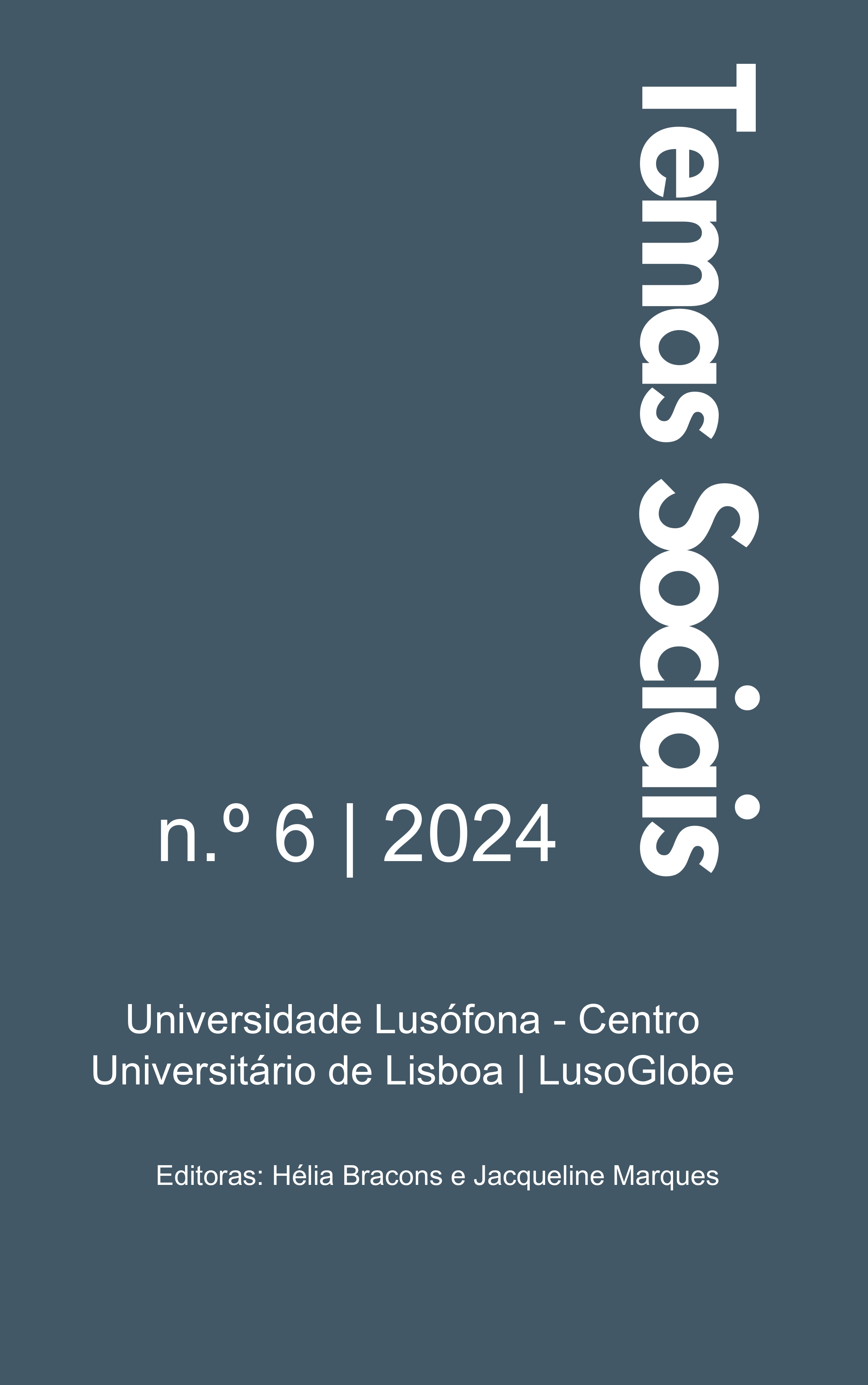Narrative Medicine: A Dimension of Hospitality in Healthcare Services
https://doi.org/10.60543/ts_iss.vi6.9406
Abstract
Narrative medicine, aligned with the concept of hospitality, emerges as an essential approach to humanising healthcare services. This article discusses how integrating patients' narratives into healthcare, emphasising qualified listening and valorising personal experiences and meanings, can contribute to more welcoming and patient-centred care. Through an integrative literature review, narrative medicine is explored from the hospitality perspective, highlighting the importance of empathy, an expanded understanding of the health-disease process, and the construction of bonds based on trust and reciprocity. However, challenges such as the need for greater inclusion in academic curricula and the adaptation of clinical practices to incorporate this approach are faced, aiming at promoting comprehensive care and improving the quality of assistance. This study underscores the transformative potential of narrative medicine in building a more inclusive and humanised healthcare system.
Downloads
Open Access Policy:
The Journal facilitates free, open and immediate access to its contents to foster the exchange of knowledge at a global level.
By submitting their work, the author(s) authorise the publication and dissemination of their work and are responsible for its content.
Code of Ethics:
The Journal is a digital tool that enables the dissemination of knowledge in a globalised society where technology, communication and information occupy a prominent place. The publication promotes equal opportunities facilitated by knowledge. To this end, the Journal is committed to the content it publishes, adopting a code of ethics based on the following principles:
1. The texts received must be original, by the author(s) alone and unpublished, i.e. they must not have been previously published, broadcast or sent to another publication.
2. Authors are responsible for requesting any authorisations necessary to publish their texts, with the respective reference to the sources consulted.
3. That organisation must authorise work funded by an organisation to disseminate the results.
4. the plagiarism detection tool in force will review all work received at Universidade Lusófona - Centro Universitário de Lisboa.
5. The articles received will be evaluated by two experts in the field, guaranteeing the anonymity of the author(s) and the evaluators.
6. Papers involving people as the research subject must obtain informed consent from all of them, with strict respect for the confidentiality of personal data and, if necessary, the decision of the Ethics Committee.
7. The list of authors should only include those who contributed intellectually to the work, i.e., who designed and carried out the research, wrote up and analysed the results and approved the final version of the text.



